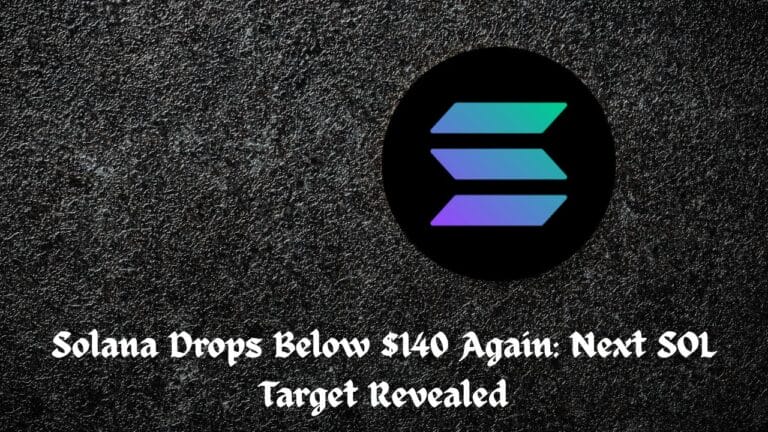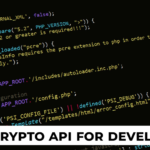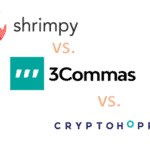Key takeaways:
- Belgium’s government states that during its early 2024 presidency of the Council of the European Union, it intends to expedite the creation of a European blockchain infrastructure.
- The issues of online privacy, artificial intelligence (AI), and the skills required for the digital economy will be addressed in the final three projects.
Belgium’s government states that during its early 2024 presidency of the Council of the European Union, it intends to expedite the creation of a European blockchain infrastructure.
The purpose of the idea is to make official papers, such as property titles and driver’s licenses, more accessible to save securely.
One of Belgium’s four goals for its future presidency is the creation of a public blockchain for pan-EU infrastructure, the country’s Secretary of State for Digitization, Mathieu Michel, told Science|Business on November 21.
The issues of online privacy, artificial intelligence (AI), and the skills required for the digital economy will be addressed in the final three projects.
The European Blockchain Services Infrastructure (EBSI) initiative, which was launched by the European Commission in 2018 in association with the European Blockchain Partnership—which consists of the 27 EU members as well as Norway and Liechtenstein—should be revived, according to Michel:
“That is a technical project. If we want to build a common infrastructure, it has to become a European project and a political project.”
Renamed Europeum, the reimagined EBSI would be utilized for public administration functions like EU-wide document verification and driver’s license verification. Michel also mentioned that the project might help the digital infrastructure of the euro.
The official stated that using public blockchains created by EU member states rather than private ones is crucial:
“In terms of security, transparency, and privacy, the blockchain can give control back to the citizen of the data that belongs to them.”
Currently, the European plan has already been ratified by Italy, Croatia, Poland, Portugal, Slovenia, Luxembourg, and Romania. Belgium will serve as the project’s headquarters.
Blockchain and cryptocurrency regulations are gradually coming together. 47 national governments jointly pledged to “swiftly transpose” the new worldwide standard on automatic information transmission between tax authorities, known as the Crypto-Asset Reporting Framework (CARF), into their domestic legal frameworks at the beginning of November.









